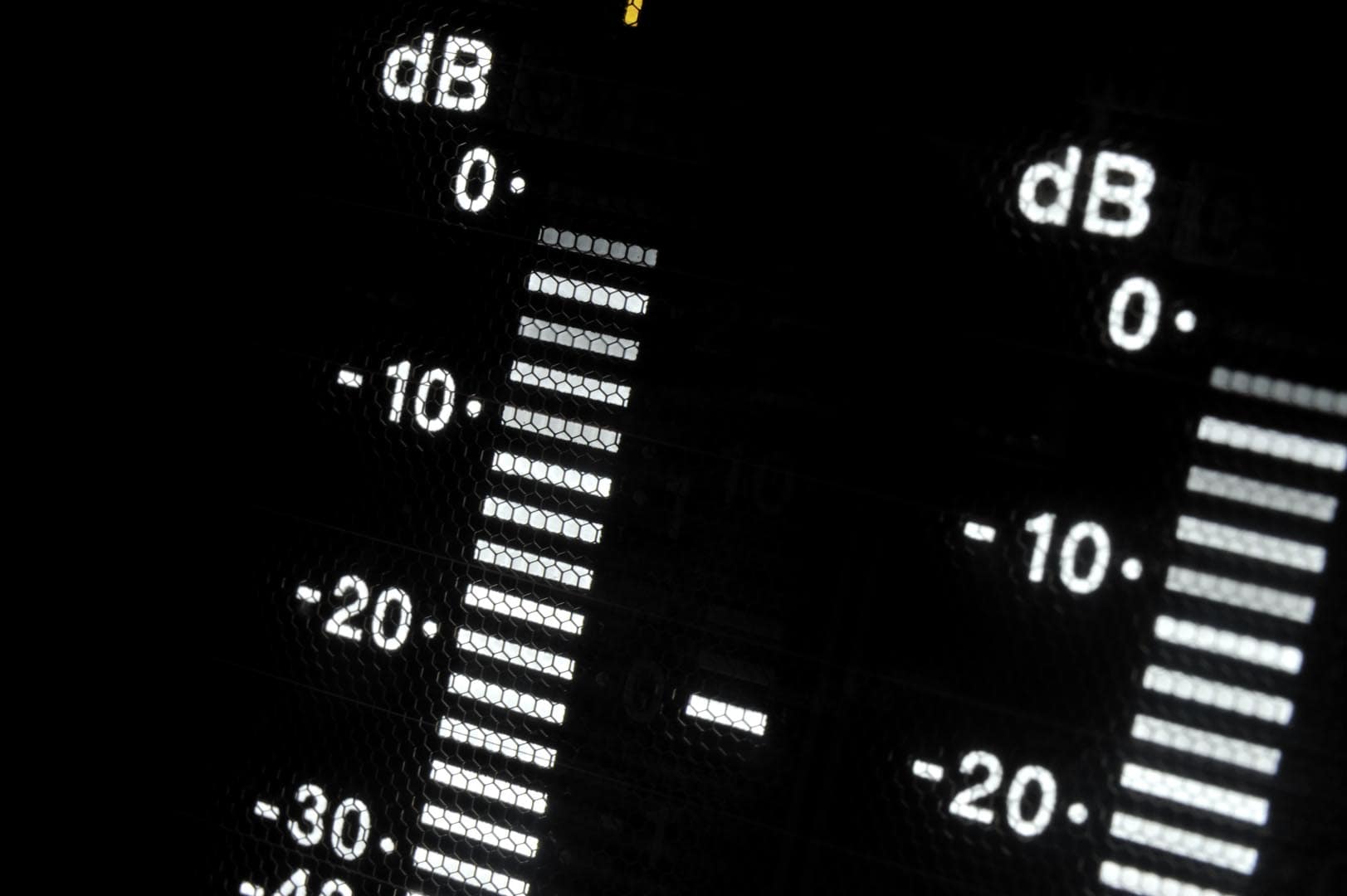What is RDI?
Relationship Development Intervention (RDI) is one of the several therapies developed in helping children with Autism Spectrum disorder (ASD). It is a program focused mainly on aiding a child to build social relationships with other people, initially with parents and other immediate members of the family.
The RDI program was developed by Dr. Steven Gutstein, Ph. He is an internationally renowned pioneer in the field of developmental disabilities. Being an expert in developmental psychology and having studied more than 30 years in the field of autism, he established that early parent-infant interaction brought about good, if not better, later abilities of the child in the areas of language, reasoning, and social growth. He refers to these areas as the core deficits of autism.
How does RDI work?
The RDI program begins with a visit to a neurologist for a complete assessment of a child with ASD, using the standardized autism diagnostic scales. After the diagnostic assessment, an initial relationship development assessment will be scheduled with a consultant. The assessment is performed by an RDI certified consultant, who will be aiding parents on what the agenda is for each session and how to work with the child. The parent is expected to take on the role of being the primary trainer of their own child. This helps in promoting the philosophy of RDI, which is a belief in re-establishing meaningful relationships. To help document parent-child interaction, the session is usually recorded.
During sessions, the parent will guide the child in different activities such as playing games or playing a musical instrument, under the supervision of the consultant if he or she is present. All activities are geared towards parents bonding with their children to help them interact more with other people and convey their ideas and concerns effectively.
The program usually starts with a one-hour session with the consultant once a week. This may either increase or decrease over the course of time, depending on the progress the child makes. Eventually, when the child is ready, an introduction to peers or groups will be made and fewer consultant visits will be required.
What are the important things I need to know about RDI?
When taking RDI into consideration as a therapy for the child, keep in mind that this is not a short-term process. Of course, each child and family is different so results vary, but immediate results are normally observed. And since parents play a major role in the program, time and commitment are essential.
In terms of financial concerns, RDI typically costs less than other therapies such as ABA therapy since the program is basically done by the parent and only supervised by the consultant. As the child progresses through the sessions and there are fewer meetings with the consultant, the more affordable it becomes.
RDI is only the beginning of what will become the foundation of a diagnosed child’s better social capabilities. RDI offers continuous progress over time. Relationships do not end when sessions with the consultant end, it strengthens and enables a child to socialize even after the formal program ends.
References: www.rdiconnect.com
Copyright © by Special Learning Inc. All right reserved.
No part of this article may be reproduced in any manner whatsoever without written permission except in the case of brief quotations embodied in critical articles and reviews. For information, contact Special Learning Inc., at: contact@special-learning.com





